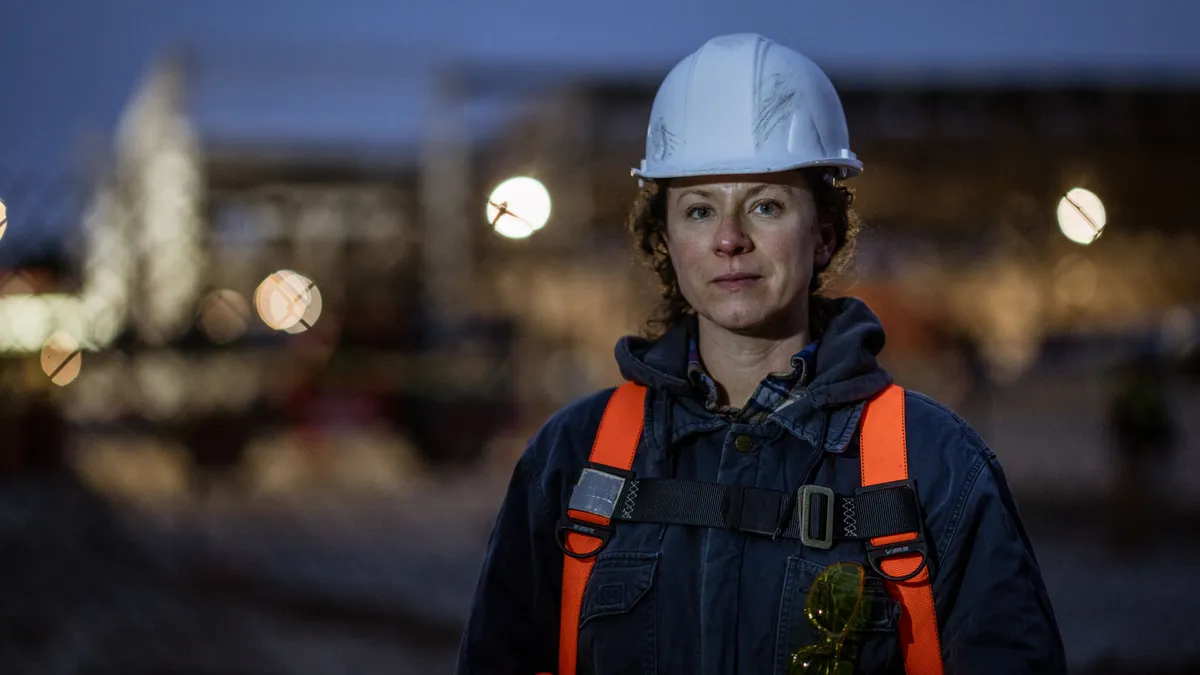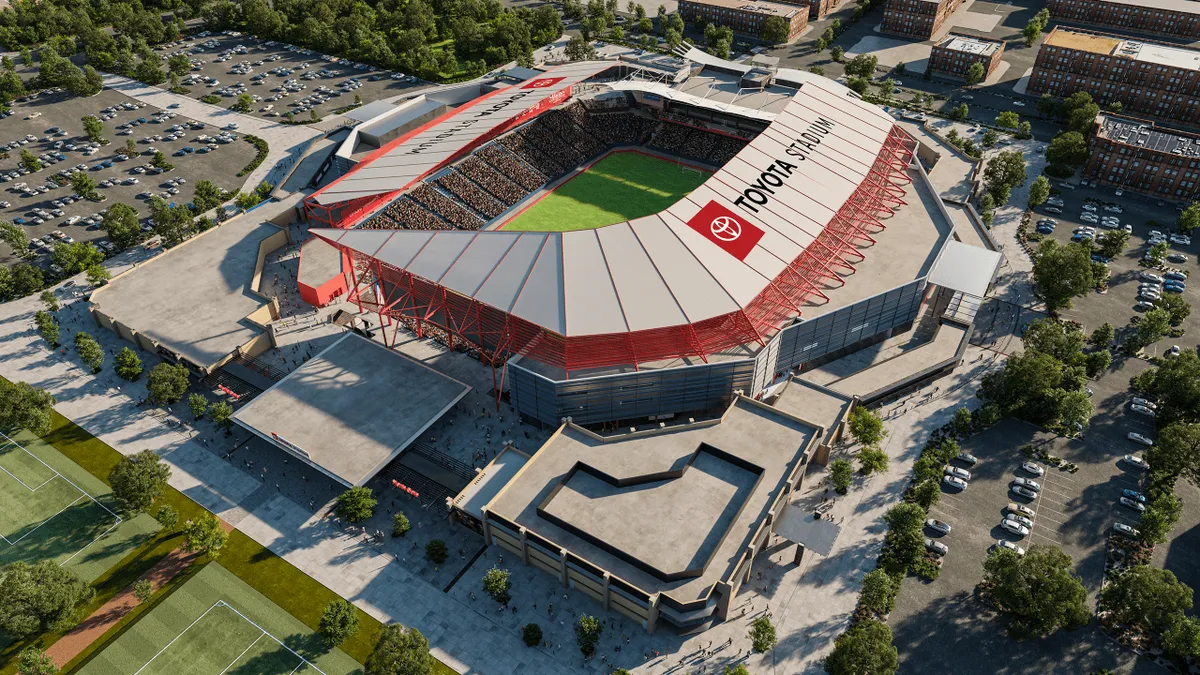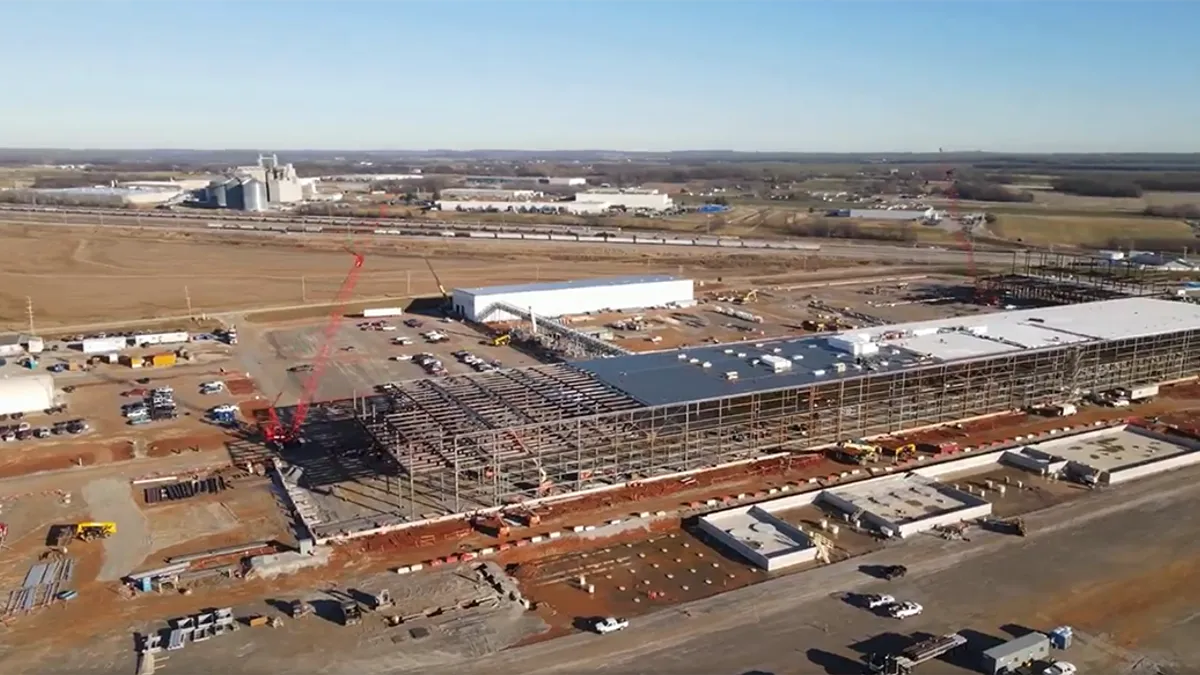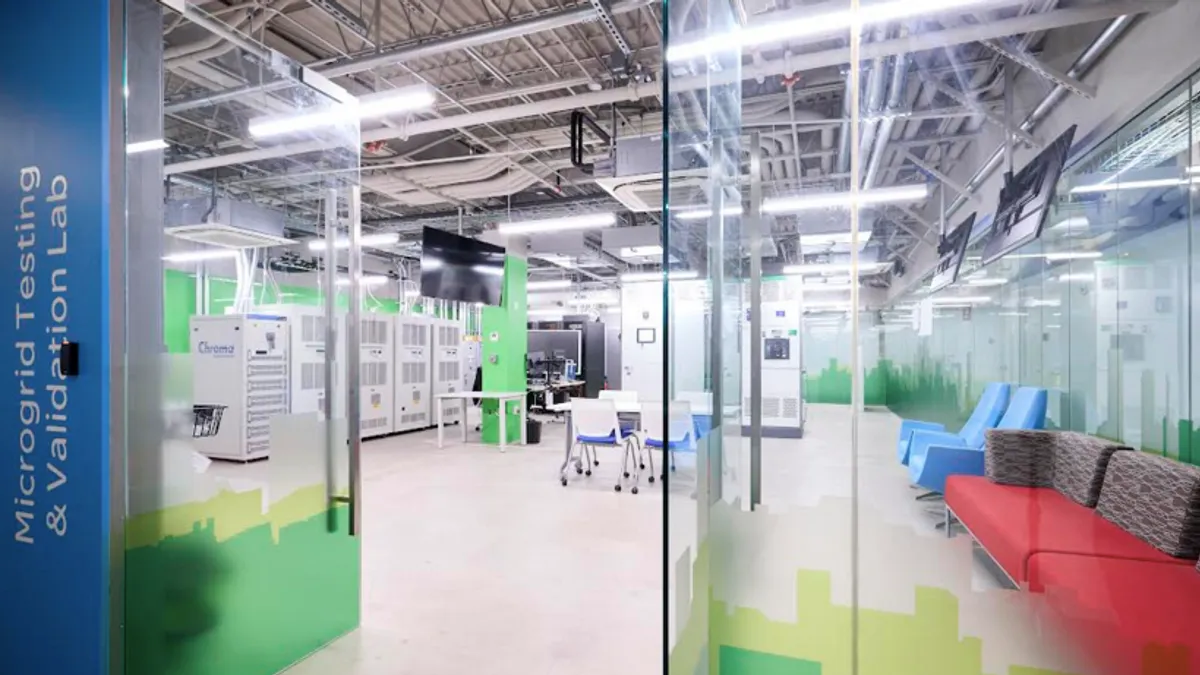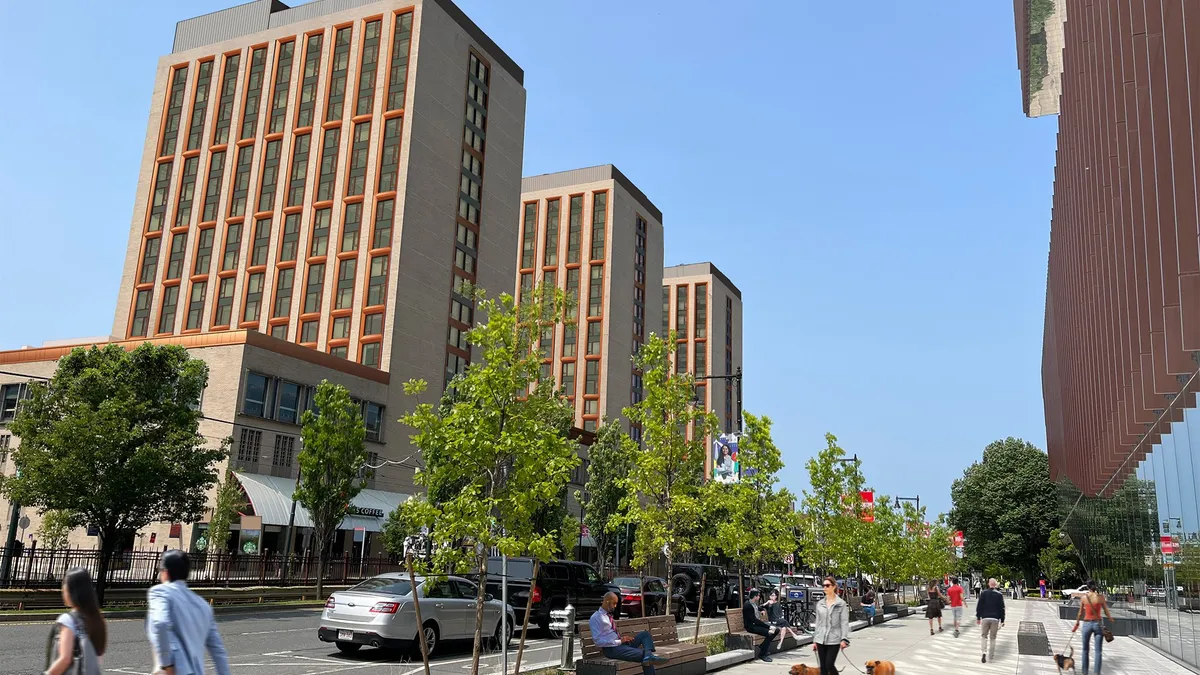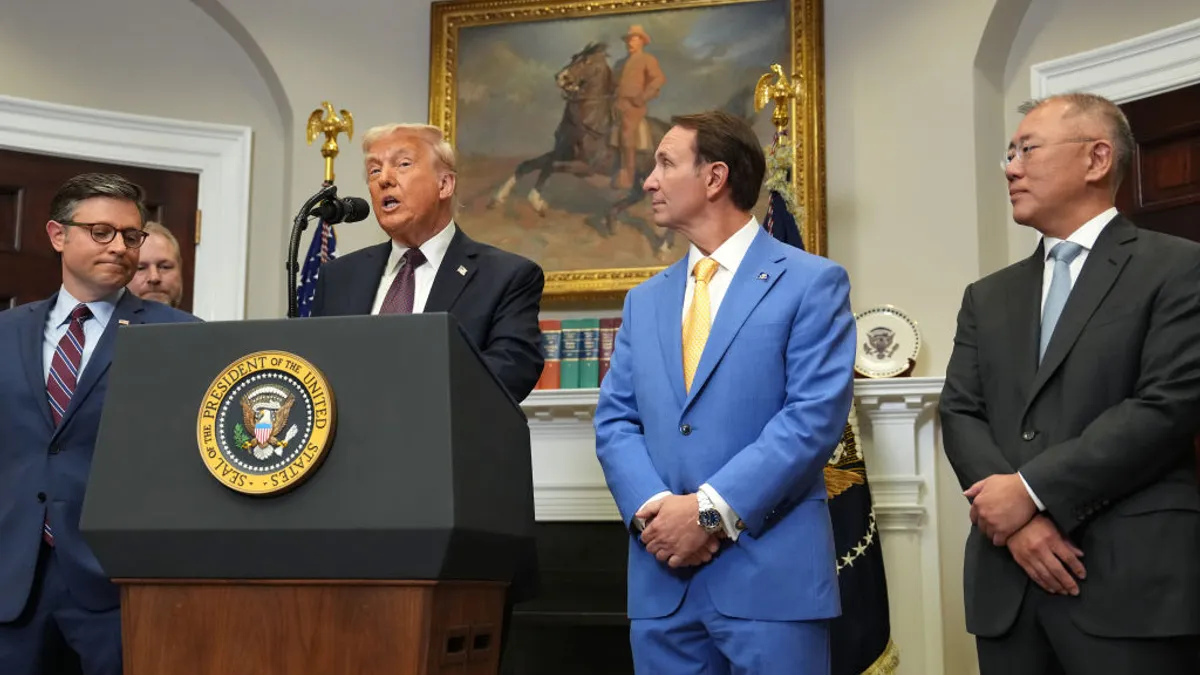In the best of economic times, minority-owned construction firms struggle to access the capital they need to operate and grow their businesses.
Many minority-owned businesses, for example, pay higher loan interest rates than their nonminority-owned counterparts, according to a report from the Initiative for a Competitive Inner City (ICIC). When they are able to secure loans, many times the amounts are lower than those given to nonminority-owned businesses.
Lenders also tend to require a Small Business Administration (SBA) loan guarantee for minority-owned businesses, at least more often than they do for nonminority-owned firms.
These factors are behind some minority-owned businesses’ decisions to not even apply.
This lack of financing — from banks and other investors — leaves many minority-owned businesses without the money to grow.
The set-aside programs that most government agencies have in place for minority, disadvantaged, veteran and women-owned enterprises were initiated to help level the playing field.
Factor in the COVID-19 pandemic, though, and the situation that many minority-owned construction companies find themselves in could get grimmer in the short term, and perhaps even the long term.
It is safe to say that government-mandated jobsite shutdown orders, most of which have been lifted, and a decrease in demand given the uncertain economic environment have stressed construction contractors all over the U.S. An Associated General Contractors of America survey of its membership in early May revealed that 67% of respondents had at least one project canceled or delayed and that 30% had to stop work because of a government shelter-in-place order.
Worse for minority-owned firms
So, has it been as bad for minority-owned construction businesses? “No, it’s been worse,” said Kenneth Thomas, co-founder of the Minority & Women Contractors & Developers Association (MWCDA).
Based in New York City, the MWCDA was encouraged at first when, as part of the city’s construction shutdown, affordable housing projects, on which many of the association’s member companies worked, were allowed to continue.
“We were naively encouraged that there could be some opportunities in that space,” he said, “but there have been not nearly as many as we thought.”
The retrenching of the city’s real estate industry, Thomas said, trickled down to many general contractors which, in turn, scaled back operations. Those that did so tended to keep on the subcontractors with whom they had the closest relationships, leaving minority and smaller subcontractors with little work.
Even with coronavirus-related construction, like hospital retrofits that the federal and state governments took on, minority-owned businesses found themselves cut out, said Wendell Stemley, emeritus board member of the National Association of Minority Contractors.
The Department of Labor on March 17, for example, waived equal opportunity and affirmative action requirements for federal coronavirus relief contracts for 90 days, including those for construction. This meant that there was no obligation for federal agencies like the Army Corps of Engineers to ensure that minority contractors participated in multimillion-dollar conversion of existing facilities around the U.S. into field hospitals.
“That is very hurtful to us in an already hurtful economy,” Stemley said, adding that the waiver of diversity requirements is commonplace after a public emergency or natural disaster.
During the Phase 2 reopening in New York City, Thomas said, there has been a “gradual thawing of opportunities,” but there are now the added complexities and reality of operating in a post-COVID workplace.
Construction companies in New York City and around the country are required to provide extra personal protective equipment (PPE) and implement operational procedures that increase costs, Thomas said, but small business loans, even those geared toward helping companies survive the novel coronavirus are still hard to come by for minority-owned businesses.
In fact, the SBA Inspector General (IG) found that the agency did not, as the CARES (Coronavirus Aid, Relief, and Economic Security) Act requires, advise Paycheck Protection Program (PPP) lenders to prioritize underserved demographics, including companies owners by minorities, when processing PPP applications. The IG concluded that these businesses may not have received their share of loans as lawmakers intended.
“So, now we're in a space where there are, one, fewer opportunities, and two, a more desperate and dire need for access to working capital,” Thomas said. “And now it is no longer just so that they can expand their operations, fund their payrolls and pay their suppliers. Now it is so they can stay in business.”
Thomas said that, according to a survey of MWCDA's membership, up to 50% could close their doors by the end of the year if things don’t turn around quickly for them. If those figures can be extrapolated to minority contractors around the country, this could impact how successfully general contractors and government agencies will be able to meet diversity goals in the future. During the construction boom leading up to the pandemic, it was already common to hear general contractors talk about shortages of qualified minority contractors.
“I don't think we have a shortage” of minority-owned firms. "We have a utilization problem.”

Kenneth Thomas
Co-founder of the Minority & Women Contractors & Developers Association
In the meantime, Thomas is trying to facilitate relationships with lenders and general contractors on behalf of MWCDA members in order to create the opportunities that will keep them afloat.
Minority-owned businesses still required
It remains to be seen whether there will be fewer certified minority firms in business after the pandemic has run its course, said Erik Ortmann, vice chairman of the construction practice at Kaufman Dolowich Voluck LLP, or if some firms will withdraw their bids or simply not bid on jobs that pose too great a risk, financial or otherwise.
“Time will tell,” he said. “Right now, it's hard to fully evaluate that.”
However, Ortmann said, don’t expect waivers or lowering of goal standards to become the new normal. Contractors will still have to present to the agencies that imposed the goals that there were no certified minority firms available to do the work for each project. This includes articulating the “good faith efforts” that they used in trying to locate qualified minority-owned firms to do the work.
The agency could accept that argument and seek approval for a waiver from the funding source or demand that the general contractor search for qualified firms again.
However, Stemley doesn’t think that there ever has been a significant shortage of minority firms and said that the construction industry can do better when it comes to putting them to work, regardless of the economic climate.
“When you start talking about vendors and suppliers and subcontractors, even when the market is booming, you have minority-, women- and disabled-owned businesses going out of business,” he said.
“So, I don't think we have a shortage,” he said. “We have a utilization problem.”
Therefore, Stemley said, there must be an assurance that minority-owned firms are not locked out of coronavirus relief, infrastructure programs or any other government initiative in the name of expediency.
“We have to … understand that it is in the best interest of us all if we utilize these opportunities,” he said. “It is for the good of everyone.”




